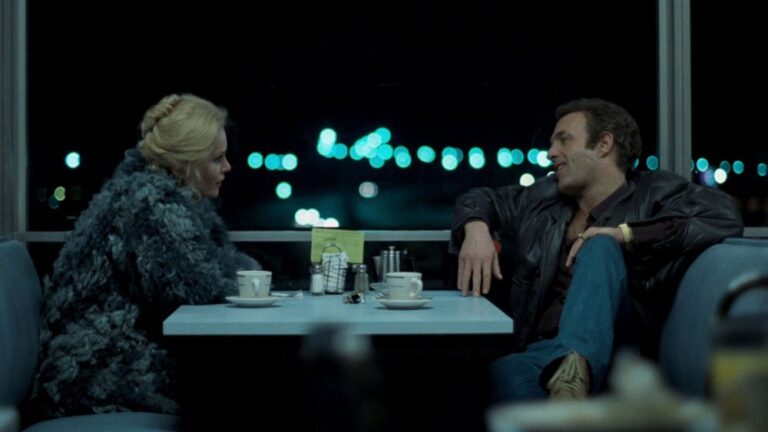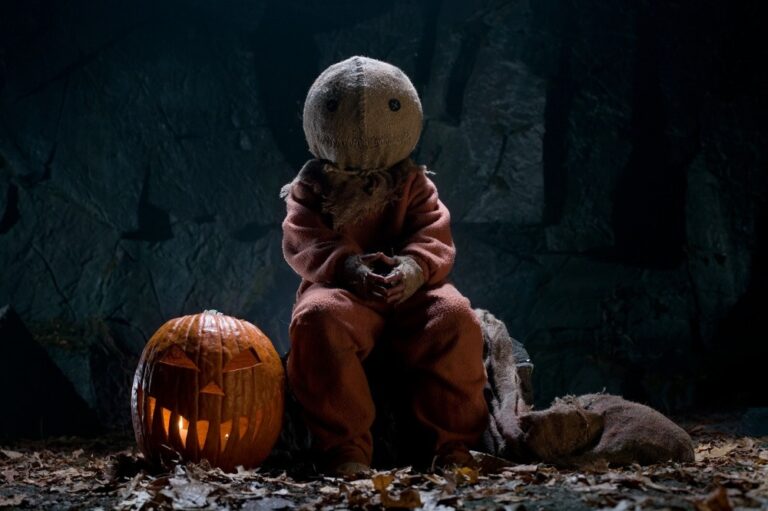• Cory Doctorow in The Guardian defends critics against implied charges of piracy: “Let’s talk about hypothetical risks. If you go to a big preview screening in Leicester Square – a privilege given to the press, entertainment industry VIPs, and a fair number of punters who win radio phone-in prizes – you’ll be asked to leave your mobile phone in a baggie behind a counter at the front of the cinema. The film industry says that this is a necessary precaution against the hypothetical losses that would result should someone use a mobile phone to ‘camcord’ (that is, record from the audience) a pre-release movie and leak it onto the internet. … When pressed, spokespeople from the Federation Against Copyright Theft (FACT) and the Film Distributors’ Association (FDA) admitted they had never heard of a pirated movie ‘in the wild’ that originated with a mobile phone, nor, to the best of their knowledge, had anyone ever been ejected from a cinema for attempting this.”
• In a story about wine journalism, an unbylined article at The Times of Johannesburg insists that “[c]ertainly film criticism as a profession has gone the way of night-soil collectors.” Really? (Maybe — see the next entry.)
• Andy Kaufman at IndieWire laments the impossibility of making a living as a film journalist these days: “I’m finally starting to feel the economic crunch—personally. Over the last year, I’ve written about the crashes of ThinkFilm and New Yorker Films, tracked the demise of VHS, the collapse of indie film financing and followed the obsolescence of movie critics. Now, I, too, am seeing my occupation slip away from me with every passing week. Major publications have admitted to me that they ‘ran out of money’; others don’t have the room or budget for feature stories anymore; and fair compensation has dropped to the insulting ‘blog rate’—$35 to $50 for what would have been $100 to $200 for an equivalent amount of work a couple years ago. This shit is real.”
• Jim Quilty at The Daily Star of Beirut offers his insider’s perspective on film-festival jury duty: “On the face of it, film criticism and jury work look the same. While other festival attendees are presumably off being festive somewhere, journalists and judges should (should) spend inordinate amounts of time sitting in dark rooms – sober and alone – watching moving pictures. The guts of hackwork is entirely different from jury duty. The main difference is social.”
• Michael Powell at The New York Times profiles Andrew Sarris, “A Survivor of Film Criticism’s Heroic Age”: “‘We were so gloriously contentious, everyone bitching at everyone,’ said Andrew Sarris, 81, nattily attired in gray slacks and a blue sport jacket, his hair slicked back. ‘We all said some stupid things, but film seemed to matter so much.’”


